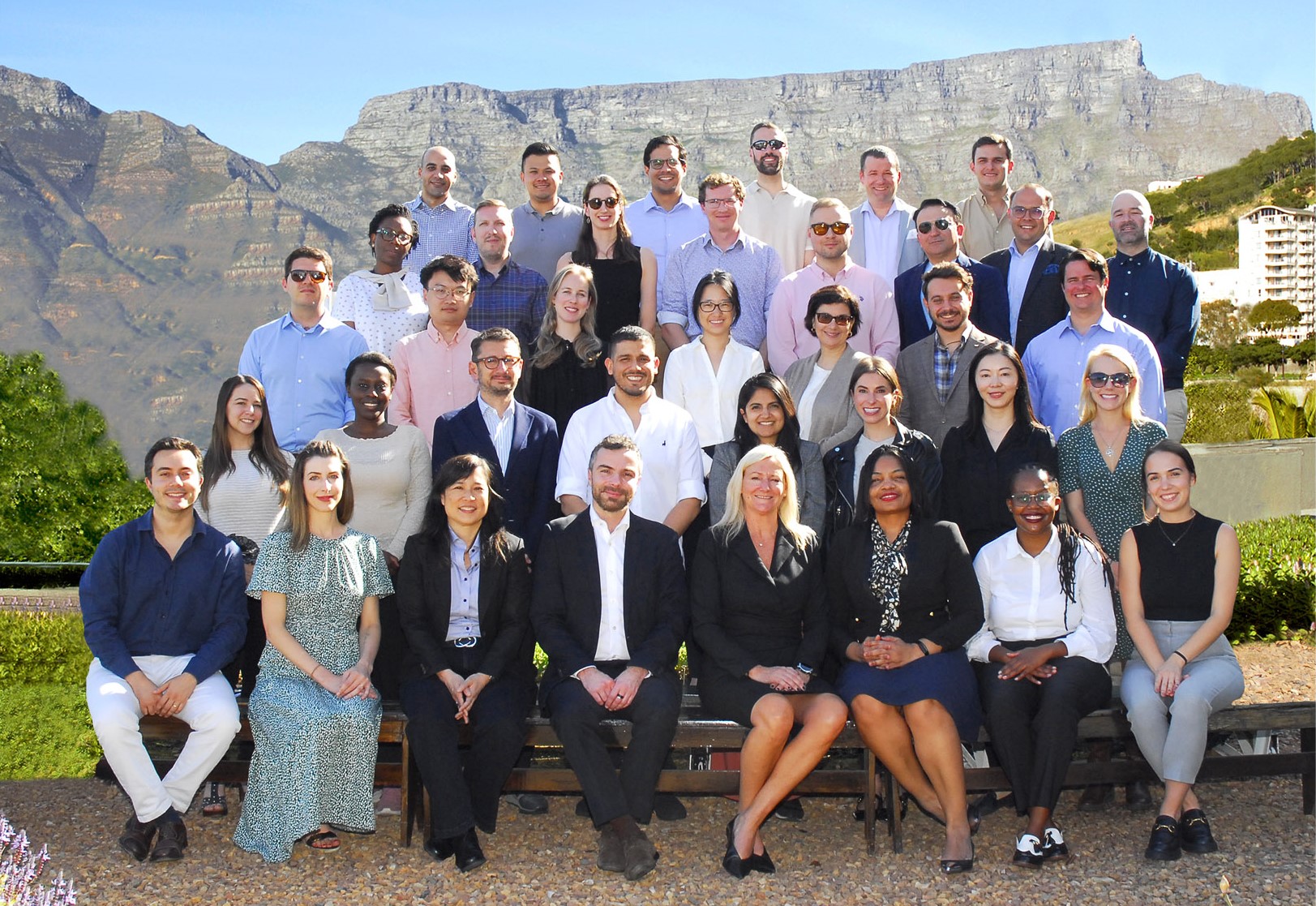Hüseyin Güntaş, Executive Global Master’s in Management (EGMiM) student and civil engineer, spoke to The Student Lens about his overseas module to Cape Town, South Africa, as part of the EGMiM International Business Strategy and Emerging Markets course.
Tell us about yourself!
My name is Hüseyin Güntaş – I am a civil engineer who has been involved with various complex projects across North America, Europe, and Asia in positions varying from Field Engineering to C-level.
I am currently a Board Member leading the third generation of our multinational family company HGG Construction Inc. Our company is a general contractor that delivers governmental and private projects in transportation infrastructure, environmental, building, and renewable energy sectors in Europe and the Middle East.
I have been at LSE studying on the Executive Global Master’s in Management since August 2022, and hold a bachelor’s degree in civil engineering from the University of Galway, Republic of Ireland.
I reside in London, hence, unlike the majority of my cohort I did not travel for most modules. We have had two fantastic modules outside London, one in Bangalore (India) and the other in Cape Town (South Africa).
The Cape Town module forms part of the International Business Strategy and Emerging Markets course, and is designed to provide an understanding of the attractiveness of South Africa as a host economy for foreign direct investment. Tell us more about the week!
Whilst getting to know a unique emerging market such as South Africa, we have had various company visits across a lot of different industries.
Normally our days began around 8-9am and finished around 5-6pm. We had amazing dinners and evening events as well as free time in some afternoons for cultural explorations which greatly balanced our workload.
We visited the offices of the likes of Deloitte as well as the local businesses of the town. Well, and also one I shall not forget, we allocated a full day to the beautiful vineyards of Cape Town to discover the rising success of the local multinational beverages.
Although our main focus was to learn more about foreign direct investments in South Africa, this module came with a lot of side benefits highlighting a very comprehensive view of an emerging market and how multinationals find a place in it.
What was your biggest take away from the Cape Town module? How did your experience inform the rest of your studies and assignments?
The relevancy of the subject and case studies we have covered in the associated modules were fascinating to see in their manifestations during this overseas module. Having the company visits to reinforce our theory helped a lot in doing the assignments as I felt more comfortable to produce my thesis while writing my assignments. There was a very coherent structure to how the material was delivered from the classes, case studies, company visits and subsequently the assignments.
What was the best part of the Cape Town module?
I assume most would say visiting the vineyards, naturally. However, I must also add learning and analysing the unique business challenges of Cape Town was certainly the most memorable component of studying there.
What advice would you give to future EGMiM students preparing for an overseas module?
I would certainly recommend reading a bit about the history of the country that the students would visit. It gives a different dimension to understanding the development of the associated markets.
You can follow and connect with Hüseyin on LinkedIn.
Learn more about the Executive Global Master’s in Management programme.






